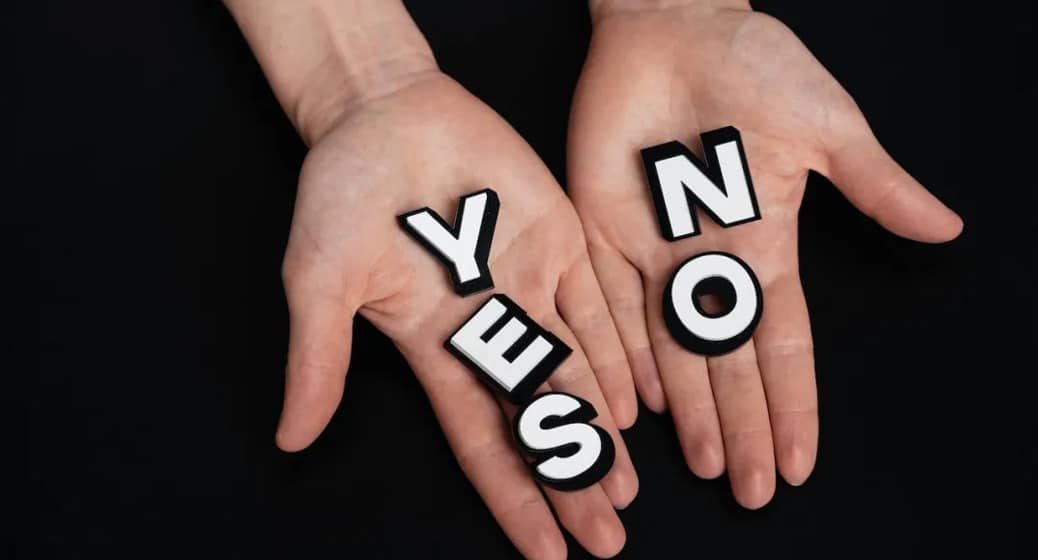Decision v Struggle
People often ask me how they are supposed to know what is the right decision when they feel like they ‘can’t decide’. The error is in the question, as if there is a ‘right decision’ out there somewhere and they just have to figure out what that is. Or get someone to tell them.
Seems to me a smarter approach is to figure out who we are, what we value, what we stand for, and then to shape our lives with decisions that are consistent with all of that. North Star.
Just the other day, a client asked me what I thought he should do when he had clearly just told me exactly what he thought he should do. He said he was struggling. I said something like, ‘No, you are deciding…in fact, you have already decided, only you are not listening, so it is taking you so long it feels like a struggle’.
This gifted young man is destined for bigger and bigger contributions to this world, which means bigger and bigger decisions. So, we are working on how to conserve time and energy in the myriad of decisions he is going to make throughout his life.
Aristotle and Ralph Waldo Emerson tell us how. What follows is from an earlier post I wrote on how to decide that I would like to reshare with you now.
To Be or Not To Be? To Do or Not To Do? Says Who?
“It’s the person’s radical choice about the kind of person they are to be that should help him or her navigate through these various forces that tell us what to do.” (George Diepenbrock)
Organizational Politics: Theory and Practice, Practice, Practice… is a training program I first designed and delivered at Harvard Medical School. One of the program’s exercises is the 5 Why’s, credited to Toyota, but dating back to Aristotle’s Nicomachean Ethics.
The idea is that asking “why” after the answer to the first question, and then asking “why” after each subsequent answer, will lead us to a root cause understanding of who we are and why we do what we do – or not. Here below is a case example.
Case Illustration: 5 Why’s and the Sleepy, Grumpy CEO
Q1: Why does it bother me so much that my adversary is not on board?
A1: Because I am wasting so much energy trying to bring him on board.
Q2: Why do I need to stop wasting energy trying to bring him on board?
A2: Because I could use that energy to move the project along. (Now the very grumpy CEO is getting annoyed with what seem like stupid questions but persists.)
Q3: Why do I need to move the project along?
A3: To fulfill the organization’s mission.
Q4: Why do I need to fulfill the organization’s mission?
A4: To make everyone happy, even though I know that’s not possible.
Q5: Why do you need to make everyone happy?
A5: So I can feel like a good person.
Time after time, person after person, regardless of age and gender, no matter how high up the organizational ladder – the answers were the same. Everyone wanted to be, to feel, and to be seen as a good person.
Therefore What…
According to Aristotle, the ultimate aim of human behavior is happiness. From an evolutionary perspective, a 6th question on why people want to feel like good people may very well reveal that our goodness makes us feel happy.
As we have seen in earlier posts, from an evolutionary perspective, reputation counts. We reap what we sow, and so on.
But, but, but… Guidelines for goodness are not always clear. So many of my clients are searching for these guidelines outside of themselves, only to finding conflicting opinions, none of which feel authentic.
And, it doesn’t take a rocket scientist to figure out that whatever is not authentic stands little chance of making us feel good about ourselves in any way that sticks. Others find the whole thing so arbitrary as to give up the search altogether, in a rules-don’t-apply-to-me kind of way. These, it seems are the saddest of all, the ones so jaded they don’t even try.
But for those who do try and are still searching for guidelines beyond the ones already familiar to them, where can they turn? Who says what good is? Our article today suggests that the consideration of others should be our guiding light.
On the other hand, using the examples of Steve Jobs and Fred Astaire, the article goes on to ask whether those who spend their time bringing their genius to others, compared with those who spend their time in more direct charity to others, stack up as morally good.
So, murky as it may be, if we want to be and do good and, in so doing, experience the happiness this brings; where can we find our answers and guidelines. In his essay on Self Reliance, Emerson provides:
A man should learn to detect and watch that gleam of light which flashes across his mind from within, more than the lustre of the firmament of bards and sages. Yet he dismisses without notice his thought, because it is his. In every work of genius we recognize our own rejected thoughts: they come back to us with a certain alienated majesty.
That ‘light which flashes across his mind’ is, of course, inside ourselves. To thine own self be true. If only we can quiet the mind enough to detect these truths.
You know what to do. Quiet the chaos. Quiet the noise. Fall still and breathe. In through the nose. Out through the nose. Belly out on the in breath. Belly in on the out breath. And listen for the sounds and sights of your own guidance on how to be and do your good. Practice, practice, practice…and see what happens.
To work on this or something else, would love to hear from you:
Email: Madelaine Weiss
Warm wishes,
Madelaine
Photo by Shvets Production
Keep Reading
Want more? Here are some other blog posts you might be interested in.








